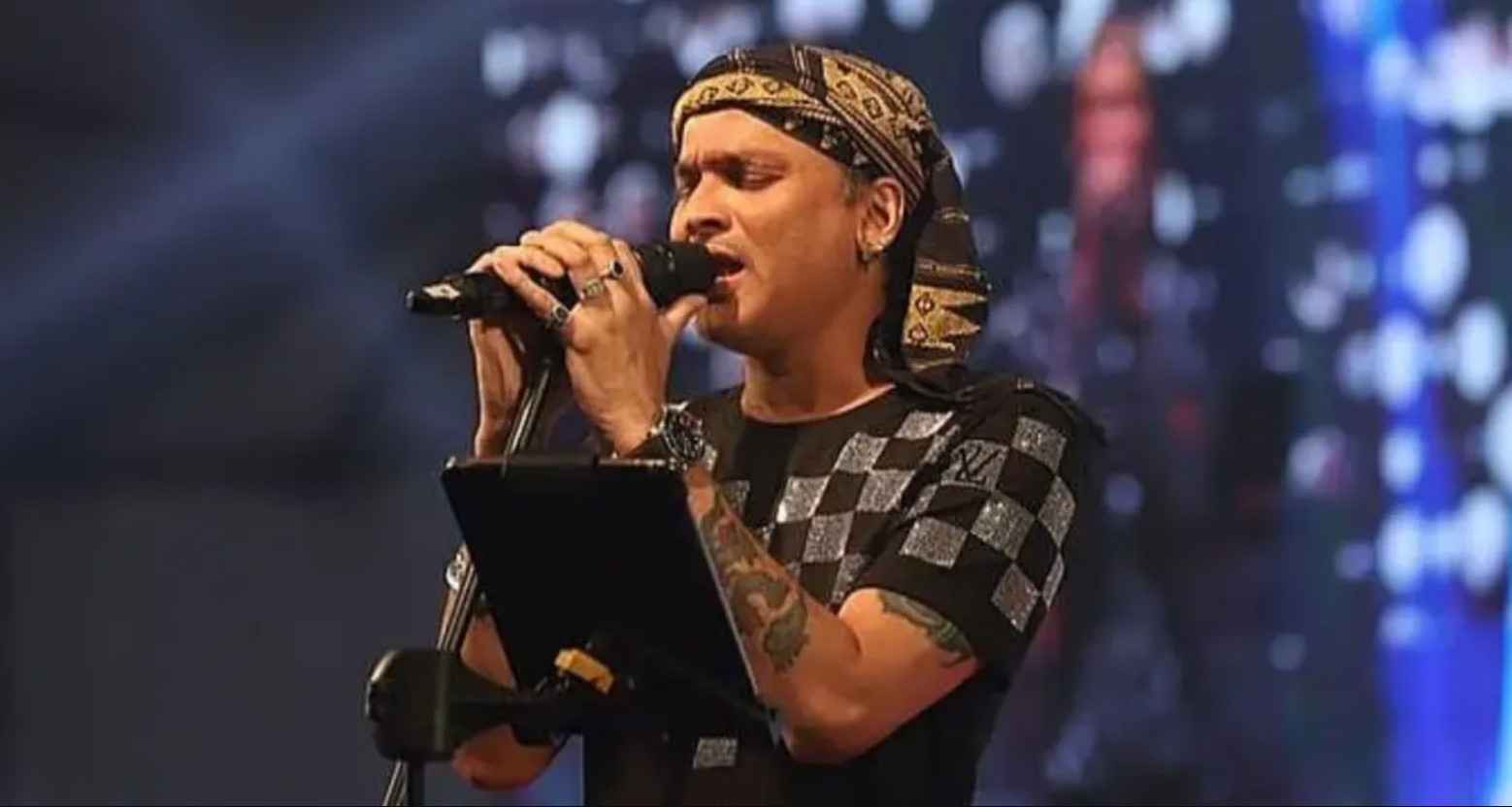Efforts Underway to Protect the Late Singer’s Voice from Tampering and Unauthorised Use with AI Technology
As Assam mourns the untimely death of iconic singer Zubeen Garg, efforts are already in motion to digitally preserve his voice to prevent misuse through artificial intelligence and unauthorised reproductions. Long-time collaborator and singer-composer Manas Robin revealed that a special project is being initiated to digitally “signature” Zubeen’s voice, safeguarding it from distortion or unethical replication.
Why Zubeen Garg’s Voice Needs Protection
In the age of deepfakes and AI-generated content, voices of public figures — especially artists — are at risk of being copied or misused. According to Manas Robin, it is entirely possible for AI software to extract voice samples from the internet and allow others to recreate or claim ownership of a singer’s unique vocals.
“With technology making massive strides, especially with AI-generated software, it is very much possible that Zubeen’s voice could be used by others in the future,” Robin told PTI at Guwahati’s Sarusajai stadium, where thousands gathered to pay tribute to the late icon.
How Digital Voice Preservation Works
Robin explained that the plan is to create a digital signature for Zubeen’s voice — a form of audio watermarking — that would immediately identify the source of any voice clip as authentically Zubeen’s.
He drew parallels with visual AI detection, saying:
“Just as visual tech can now detect if a face is superimposed, systems are being developed to trace the origin of a voice back to its digitally preserved version.”
This form of authentication would help ensure:
- Zubeen’s voice is not tampered with
- Unauthorized covers or AI recreations can be legally challenged
- His legacy remains intact and respected
Zubeen’s Archives Already Underway
Robin confirmed that archiving of Zubeen’s work had already begun — and Zubeen himself had inaugurated one such archive just days before his tragic death in Singapore.
“We’ve begun digital preservation through his YouTube channel and other platforms. But now we want to take it a step further — to protect his voice itself,” he said.
A Voice That Touched Millions
Robin also highlighted the global impact of Zubeen’s voice, noting how effortlessly the singer performed high-octave songs — a feat only a few vocalists can achieve without strain.
“Zubeen’s voice had a natural richness. The comfort with which he sang in high notes is extremely rare — globally,” Robin added.
Since news of his passing, there’s been a resurgence in streams and searches of Zubeen’s songs — a testament to his enduring legacy.
Armaan Malik Calls for Voice Copyright Laws
Singer Armaan Malik also weighed in on the rising use of AI in music, supporting the idea of digital preservation while emphasizing the need for legal frameworks.
“AI is a tool — not a replacement for musicians. It can mimic a tone, but it can’t replicate emotion,” he said.
Malik called for urgent legislation to protect artists’ voices, including iconic legends like Kishore Kumar, whose AI-generated covers are already being circulated widely on social media without permission.
“There’s no current law protecting vocal copyright. That has to change,” he stressed.
Zubeen Garg’s Legacy Lives On
Zubeen Garg tragically passed away on September 19, while swimming in Singapore. His body arrived in Guwahati on Sunday, and his last rites will be performed with full state honours on Tuesday, on the outskirts of the city.
The move to digitally preserve his voice is more than a technical effort — it is a heartfelt tribute to one of Assam’s greatest musical legends, ensuring that his voice continues to live on, untouched and respected, for generations to come.
Also Read : Zubeen Garg’s Wife Garima Saikia Breaks Down in First Video After Singer’s Death



